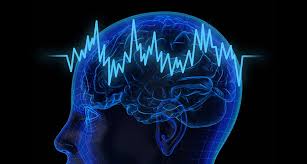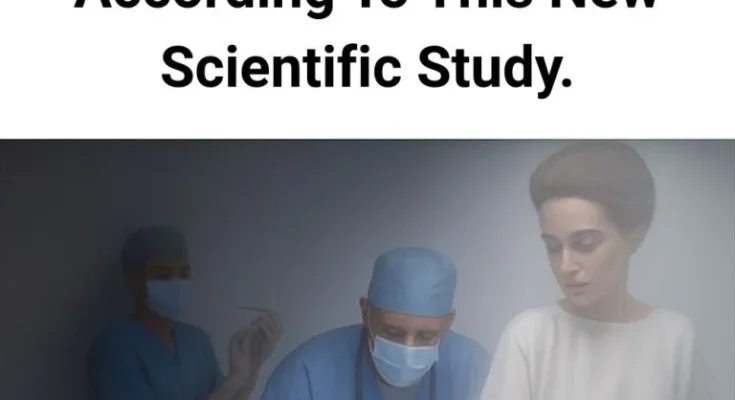Since ancient times, d3ath has remained one of humanity’s deepest and most enduring enigmas. Despite major advancements in modern science and a thorough grasp of human physiology, the precise experiences during the final stages of life—and immediately following clinical d3ath—continue to provoke awe and curiosity.
A groundbreaking new study now questions the long-held view of d3ath as the complete and irreversible end of consciousness.
Groundbreaking research
Researchers at the University of Southampton, in partnership with medical institutions across the U.S., the U.K., and Australia, conducted what is considered one of the most extensive investigations into near-death experiences to date.
The study involved over 2,000 individuals who had experienced cardiac arrest and were successfully brought back to life through resuscitation.

How the study was conducted
The scientists observed that certain patients, even after several minutes of clinical death (no heartbeat or breathing), retained memories of their surroundings. These included recollections of hospital environments, voices and conversations of medical professionals, and even personal bodily sensations.
The most astonishing detail was that several of these accounts were later corroborated by people present at the time, suggesting these perceptions were not simply imagined.
Consciousness after cardiac failure

The research points to the possibility that awareness may persist momentarily even after the heart has stopped. This finding calls into question the conventional definition of the exact point at which death occurs neurologically.
While it’s long been believed that brain activity halts once the heart ceases to function, this research demonstrates the brain might still register and process information for a short duration afterward.
Broader implications for medicine and philosophy
These discoveries go beyond emergency care and resuscitation protocols; they prompt profound philosophical reflection on the nature of human consciousness and whether anything exists beyond death.
Might there be scientific grounds for what we describe as “near-death experiences”? How deeply is our awareness rooted in the physical body?
Reflection and recommendations:

- Emotional preparation: Facing the concept of d3ath can lead to more intentional living, fostering gratitude for everyday experiences.
- Support scientific inquiry: Promoting objective research on formerly taboo subjects is key to expanding collective human understanding.
- Advance palliative education: Gaining insights into the dying process can lead to better care for terminal patients and their loved ones.
- Foster interdisciplinary dialogue: This subject invites meaningful conversations among fields like science, spirituality, philosophy, and psychology to develop a richer understanding of human existence.
In conclusion:
Rather than interpreting death as an abrupt cutoff of consciousness, this study suggests it may be a transitional period where the mind retains function, if only briefly.
Exploring this phase has significance not only for clinical practice but also for our existential perspective, offering new ways to contemplate life, d3ath, and the mysteries that may lie beyond.



